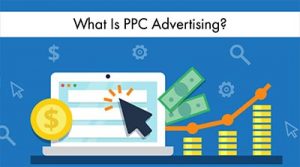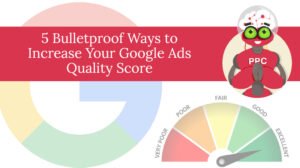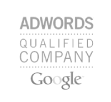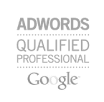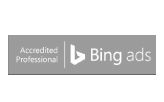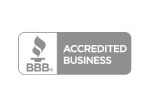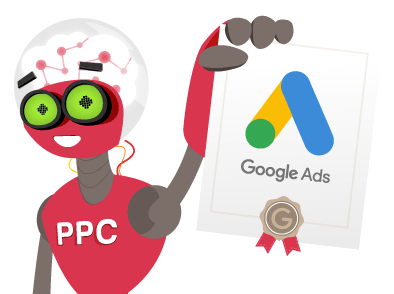Google Ads (formerly Google Adwords) is one of the most effective digital marketing channels, but it can be confusing by anyone’s standards. If the complexities of Google Ads— like Ad Rank, Quality Score, and maximum cost per click bids— leave you with a lot of questions, you’re not alone.
If you’re investing in growing your business and reaching new target audiences through pay-per-click advertising, you want to spend your marketing budget wisely. Having a clear understanding of how Google Ads works can help you do just that.
Below, we’re answering 7 of the most common questions bidder have about how to bid on Google Ads. Scroll on to learn how to advertise on Google successfully:
1. How does Google Ads bidding work?
When an ad is eligible to appear in a search query, it’s time to go to ad auction. Bidding determines if the ad will show on a search result page (SERP), and if so, where. Here’s a condensed version of how Google Ads bidding works:
- After the user submits their search query, the Ads system identifies all the ads with relevant keywords.
- From this large group, it eliminates any ads that are ineligible to appear, such as ones from another country.
- The system then uses Ad Rank to determine which of the remaining ads will show on the page, and in what order they will appear.
2. What is Google Ad Rank?
Google Ad Rank is a metric used to decide your ad position on a search results page in relation to other ads, and if your ad will even show at all. It’s calculated by multiplying your Quality Score by your maximum bid.
3. What is Google’s Quality Score?
Quality Score is a metric used by Google to determine your ad’s relevance and usefulness to searchers. The more relevant your ad is, and the more useful the landing page, the higher your ad ranks, and the less you pay per click. Your Quality Score is calculated using three key factors: expected click-through-rate, ad relevance, and landing page user experience.
4. How do I improve my Google Ads Quality Score?
Google ranks Quality Scores from one to ten, with one being the worst and ten being the best. What’s considered a good score depends on the type of keyword, but in general, you should aim for seven or above. Prioritize boosting your Quality Score on high-intent keywords first.
Your Quality Score is vital to your Google Ads performance. Not only will a high Quality Score help your ads to rank higher, but it also helps lower cost per click. While a perfect ten is quite lucrative, you can still improve your Quality Score by boosting it’s contributing factors:
- Improve landing page user experience with visually-appealing, relevant content and faster page speed. The easier it is for the user to find what they are looking for, the better off you are.
- Conduct keyword research to find highly-relevant keywords that are more likely to have a higher expected click through rate.
- Ensure your ad copy is closely related to the selected keyword to improve ad relevance. Your ad copy should describe your product or service clearly and help the user understand if your offering is what they are looking for.
5. What is the bidding cost on Google Ads?
The cost of advertising on Google can vary widely, based on the keyword and the industry. The more competitive a keyword is, the higher it’s cost- per-click (CPC). In 2020, the average CPC on the search network is between $1-$2, and under $1 on the display network. Businesses can pause their account or adjust their budget up and down at any time.
6. What is the minimum bidding on Google Ads?
There is no simple answer to this other than, it depends. Your industry, number of competitors, quality scores, ad relevance, landing page quality, etc..
Google assigns each keyword a minimum bidding, meaning the minimum CPC you can pay for your ads to appear. It’s determined by more than the search query and the keyword itself. Your minimum CPC bid is also based on your Quality. You can lower your minimum bid by raising your Quality Score.
7. What maximum bidding should I set?
Businesses can also set a maximum bid: the highest amount you are willing to pay for a click or particular keyword. This amount of money varies widely based on the size of your business, your margins and how much you think a lead or sale is worth. Ask yourself how much an ad click is worth when determining your budget and what is your bidding strategies.
Related Posts You Might Want To Read

